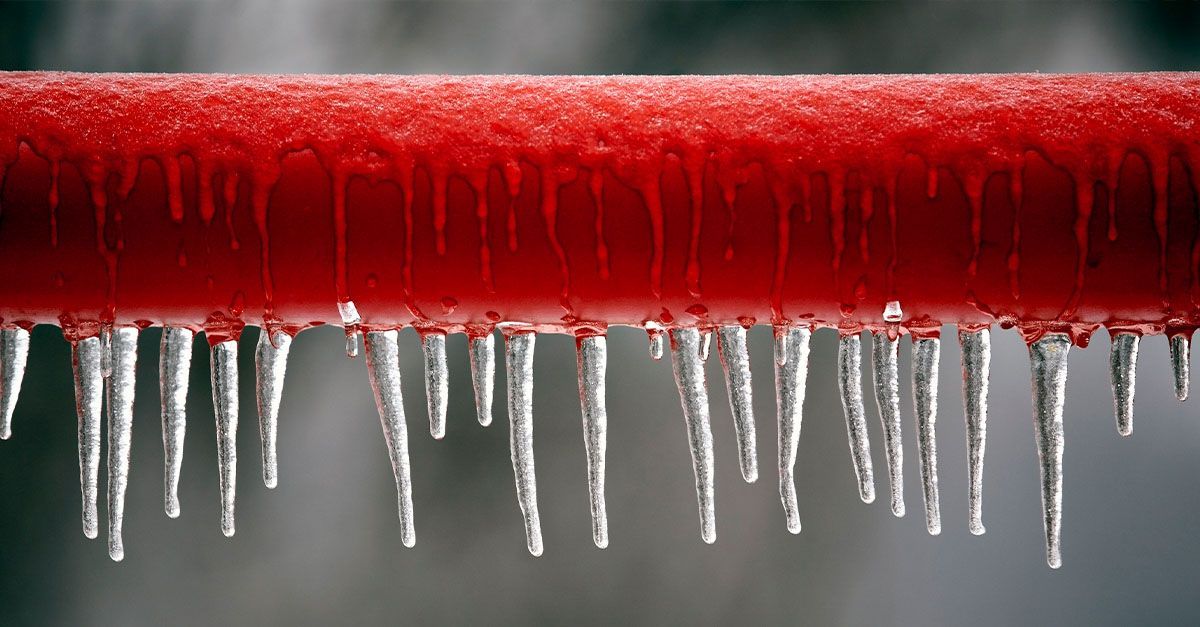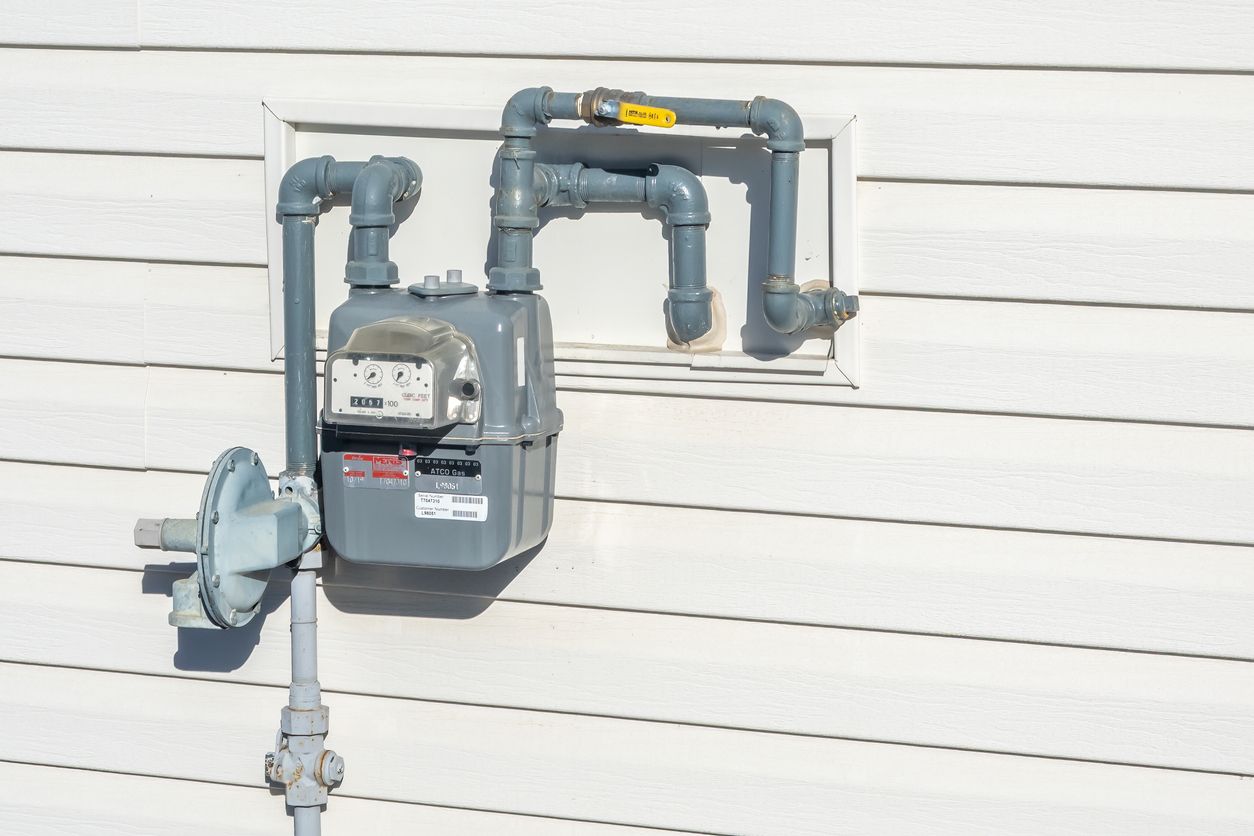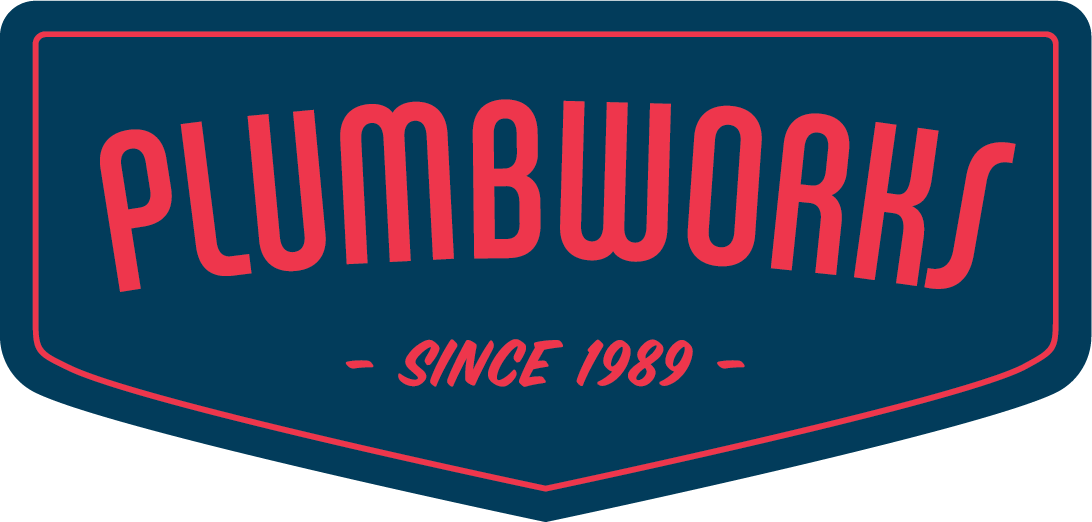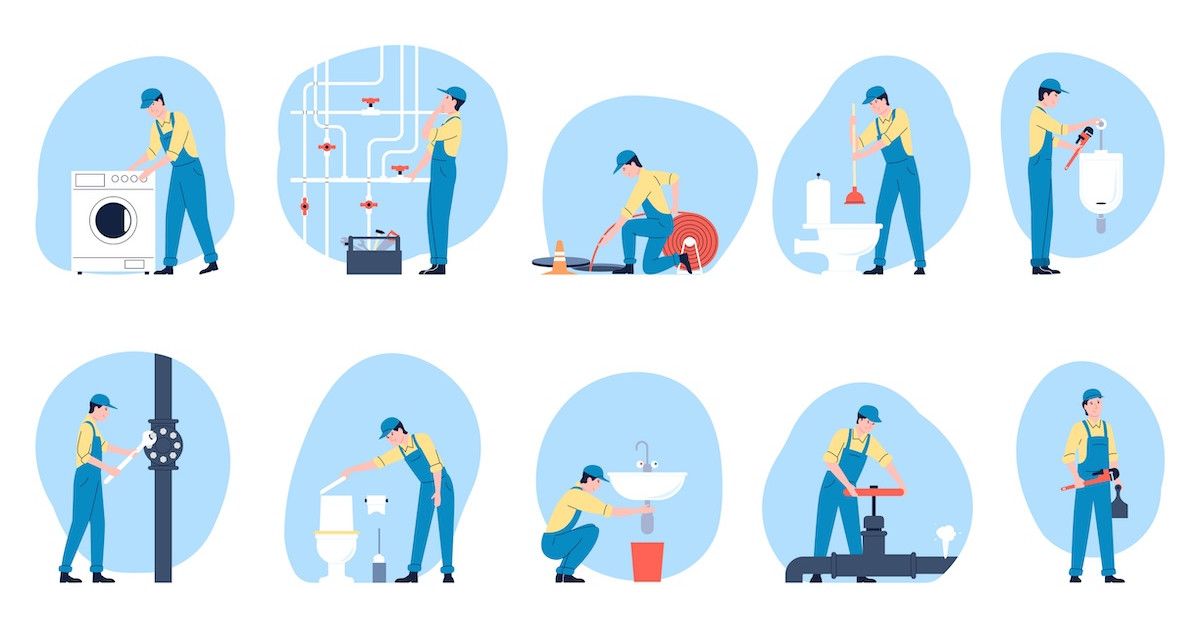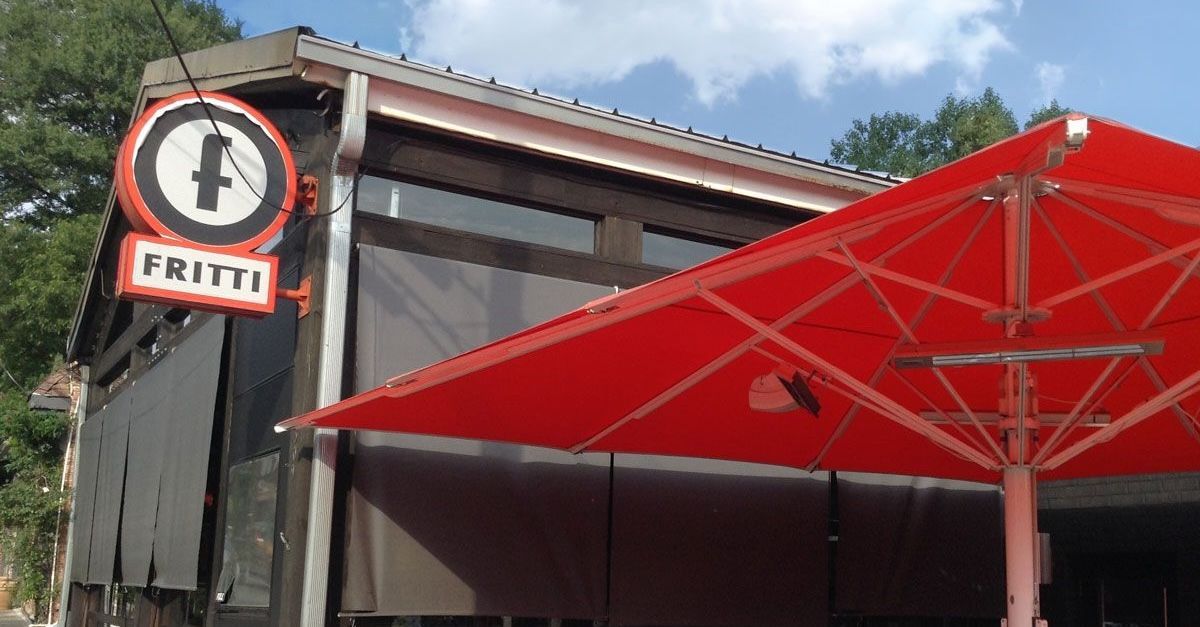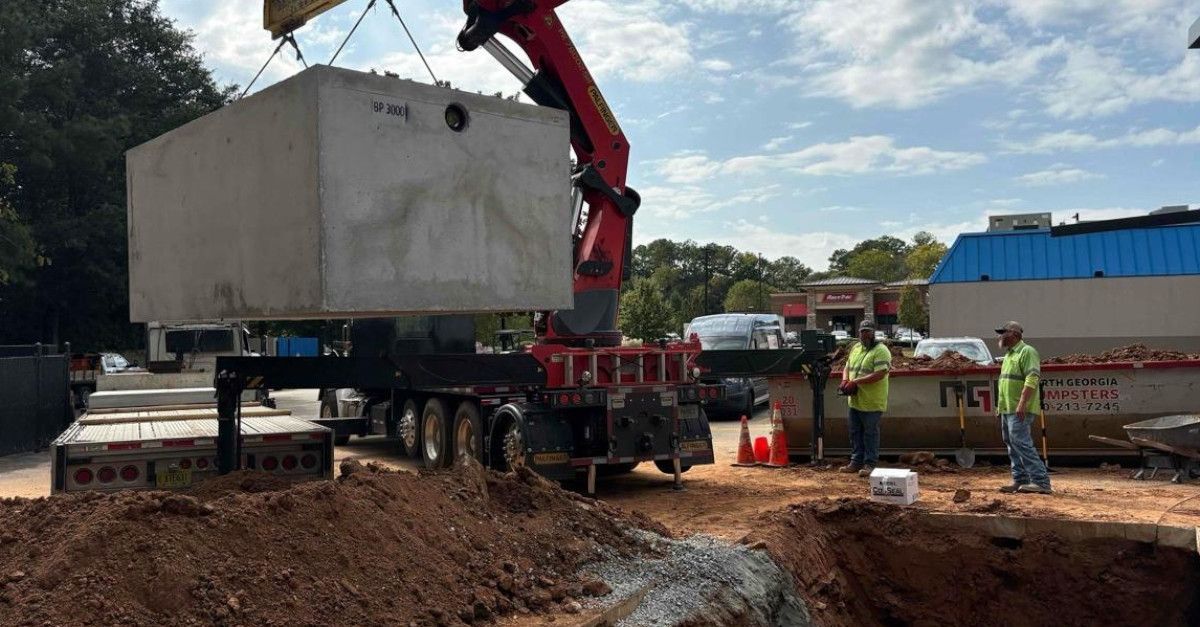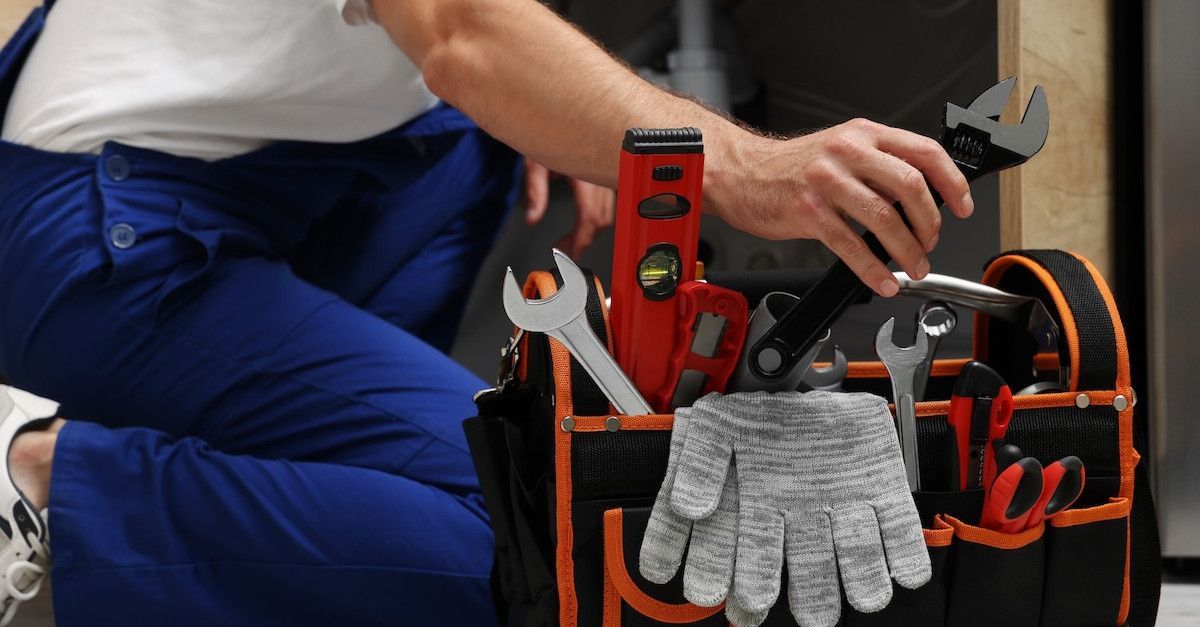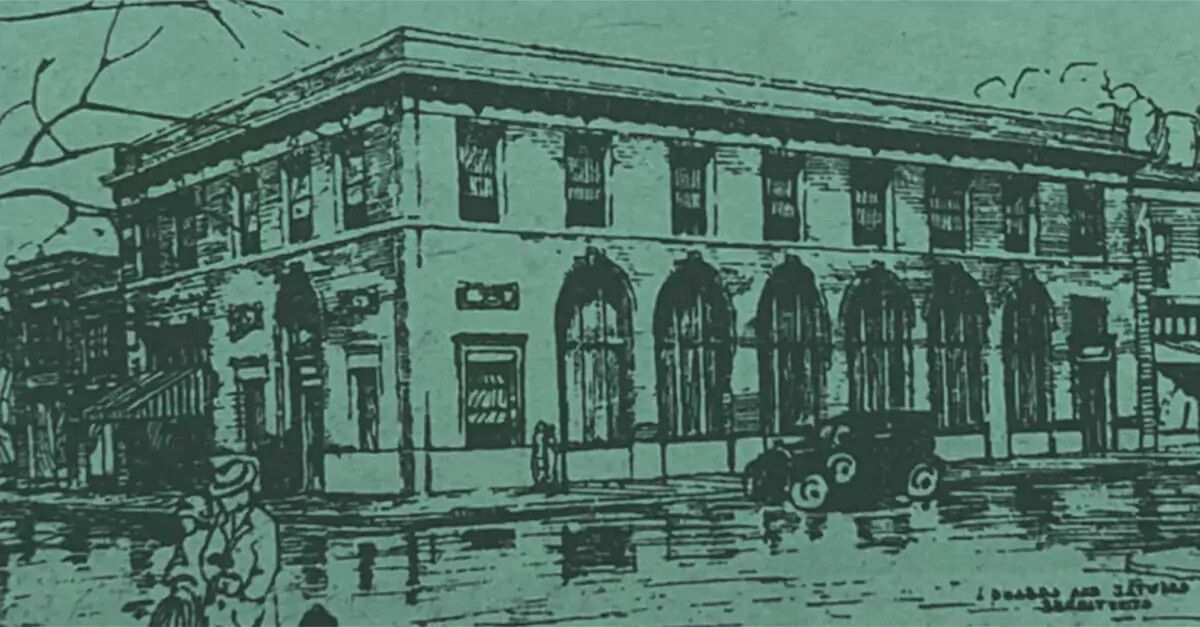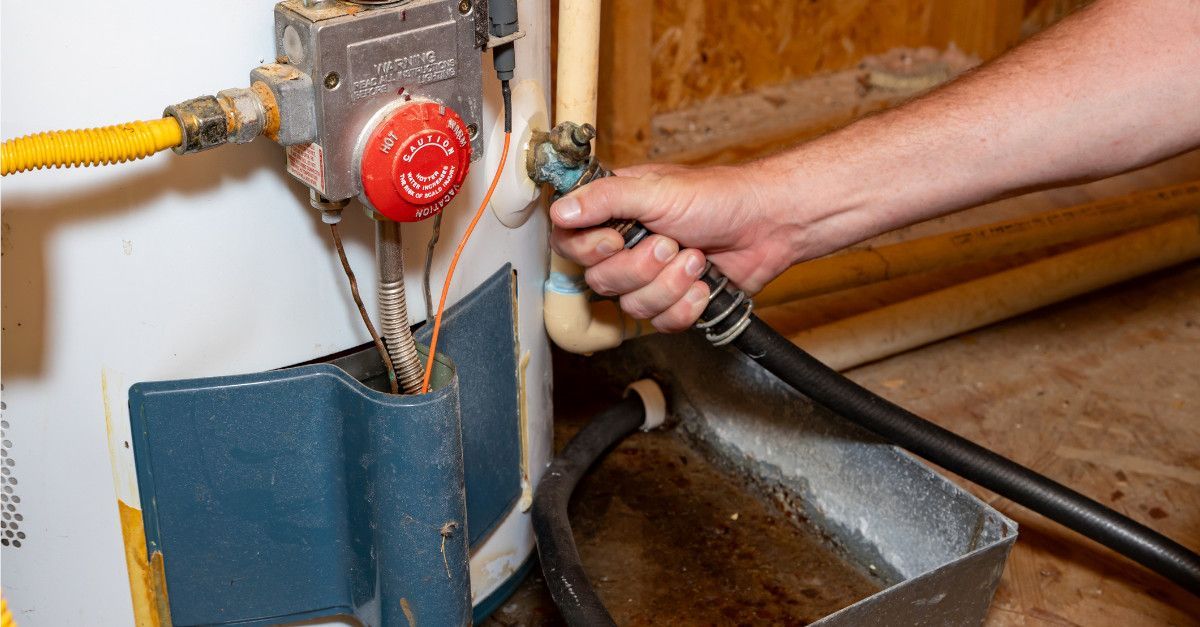Why Does My Water Feel Colder in the Winter?
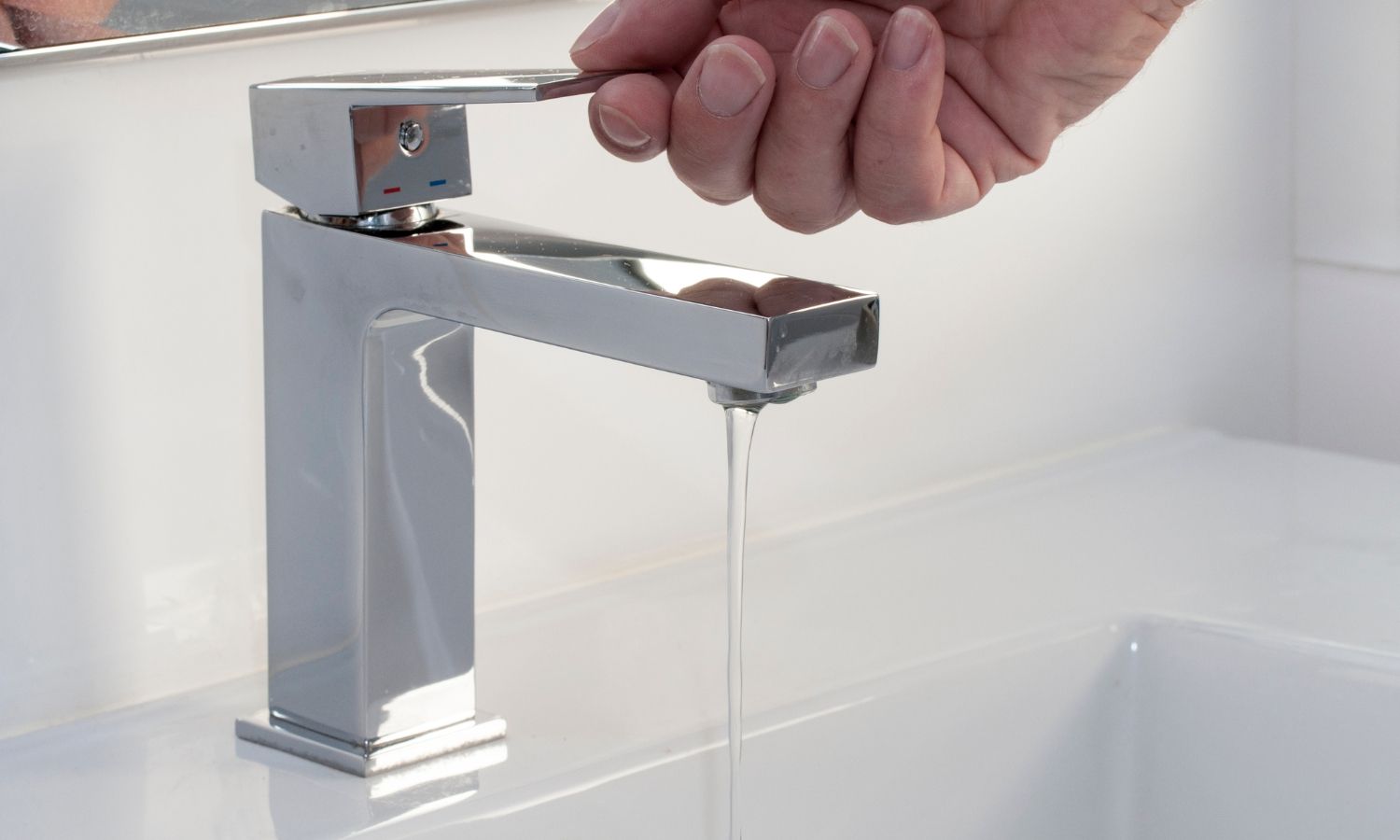
You’ve probably noticed a chill in the weather lately, as the latest Arctic cold blast has blanketed the Atlanta Metro region. As we move into the new year, we are making resolutions and are hoping for a healthy and prosperous year, as well as warmer temperatures. Everything seems colder in the winter, and although you might not have noticed it yet, the water in your house is colder too. In this article, we’ll explain why that happens. Let’s take a look.
Water temperature changes with the seasons. In the winter, a colder outside temperature can cause your water to feel colder. Cold water can be due to water heater placement somewhere with little insulation, such as a basement, crawl space, or garage. You should check the placement of your water heater and the condition of the pipes to determine what could be causing your water to feel colder in the winter. Plumb Works offers affordable and reliable local service in Atlanta if your home or business encounters water temperature issues.
Is tap water colder in the winter?
Tap water is generally colder in the winter due to factors such as outdoor temperature, a water heater being exposed to outdoor elements, or a lack of proper insulation. Outdoor temperatures below 32° F generally lead to water freezing over. If you notice your tap water is colder in the winter, it is a normal condition caused by the colder weather. It may be worth checking your faucets and water heater if you do not feel any warm water.
Is shower water colder in winter?
Shower water can be cold in the winter because of faults with your water heater. In addition, low temperatures outside may cause even a new water heater to work harder at maintaining a comfortable temperature. The water that goes to your kitchen is the same as the water being used for your shower. Therefore, cold water running through your pipes equates to cold showers.
However, this doesn't mean that you should have no hot water. It may not be as warm as usual. Still, the water that doesn't heat after thirty minutes or more is a sign of a faulty water heater, not just colder temperatures.
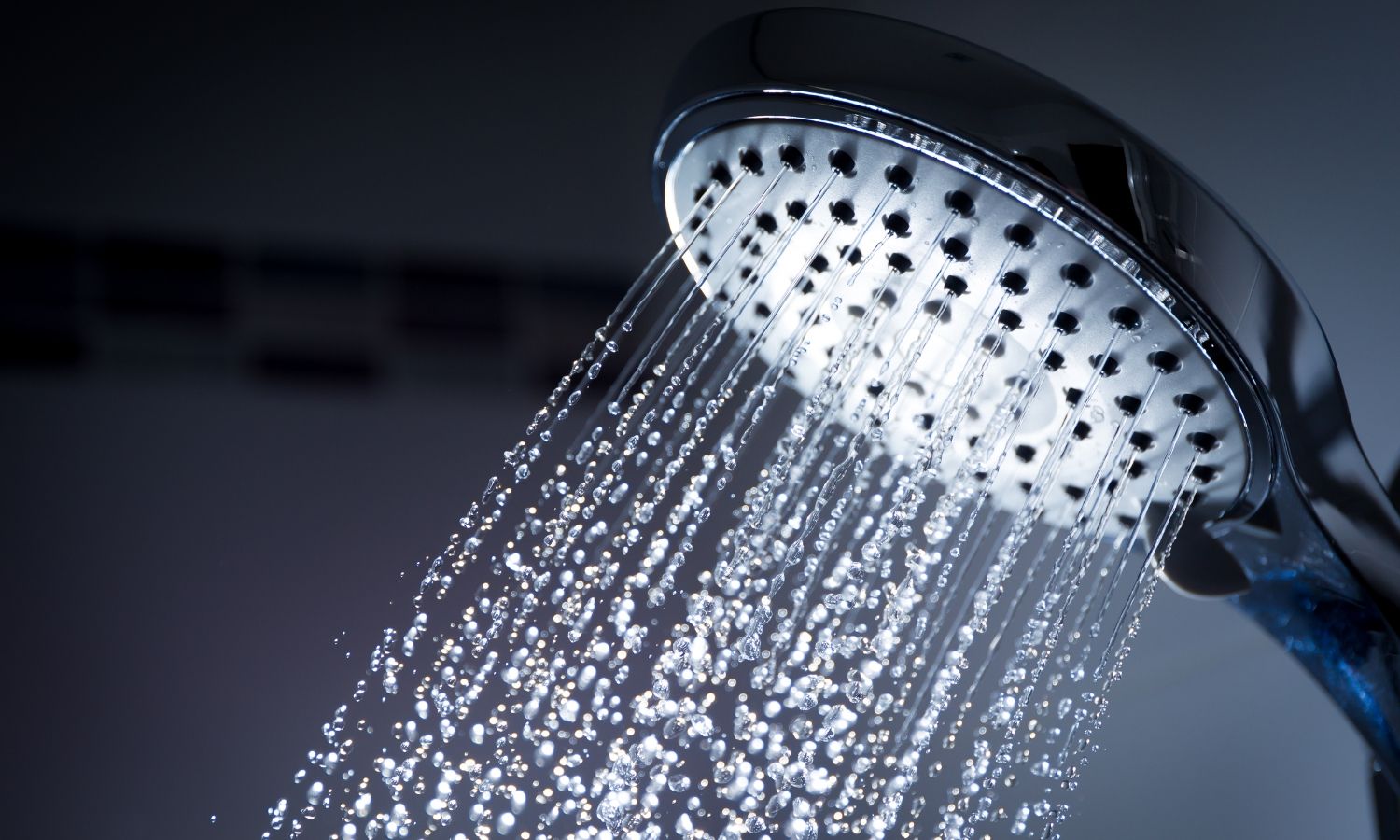
Why is my hot water colder in the winter?
Hot water is colder in the winter because your water heater must work harder to maintain its typical 140-degree temperature. It may help to raise the temperature of your water heater by 5-10 degrees or increase the room temperature. When it comes to getting hot water, you need to look at your water heater's effectiveness. Even a newer water heater may not perform at its best in the winter, with outside factors causing the water temperature to dip below average.
Can cold water affect a hot water heater?
Cold water puts more of a strain on your water heater to provide the same temperatures as in other seasons. One reason for this is water running through your pipes that is entering at a colder temperature. Water that runs underground typically enters pipes at 55° F. Still, nearby lakes and streams that eventually funnel into pipes are colder in the winter. Temperatures below 20° F create a slush mixture of ice and water that can increase water density and even freeze pipes.
It's common to see an increase in utility prices during winter months because the system has to perform harder than before. Unfortunately, water heaters that work harder will show more signs of wear. Several ways to prevent damage to your water heater include replacing your old showerheads or water aerators.
You can also avoid your water heater working as hard by using the cold water setting on your washing machine and only running the dishwasher when it is filled to capacity. Finally, you can reduce your utility bill by switching to a gas water heater.
Signs You May Need Water Heater Repair
It's important to know when your water heater is struggling to function. Some signs that you may need water heater repair include the following:
- Extremely high energy bills
- Rusting
- Leaking
- Fluctuations in water temperature
- Banging or knocking sounds
- Water takes a long time to heat (30 minutes or more)
- Water never heats (even slightly)
While it's helpful to know what signs to look for yourself, our expert plumbers inspect your heater for all signs of wear and tear. It may simply be a broken part of your water heater, or a complete replacement may be necessary. You can be assured that we will find the best solution for optimal performance.
Although water does not heat as much as before in the winter, if it is freezing and not changing when moving the faucet, that may be a sign of more significant problems. When possible, we recommend upgrading to a tankless water heater. Tankless heaters need less storage and require less energy to heat up. At Plumb Works, we specialize in water heaters and tankless water heaters.
The age of your water heater can affect how well it works. Pipes that are overly exposed to the environment are more likely to result in cold water temperatures. Pipes that run through an outdoor area are prone to freezing over, leading to very cold water. When temperatures are at 20 degrees or below, you can expect your pipes to freeze and cause cold water in your home.
You can prevent pipes from freezing by leaving a faucet running slightly or applying electrical tape or foam insulation. However, you may need to replace your water heater if the water stays cool. When a heater is exposed to too much damage or freezing, it may break completely.
Routine maintenance from our professional technicians at Plumb Works ensures that your water heater stays in its best working condition and lasts longer. Regular maintenance also means less costly service if an emergency were to happen. Thanks to our trusted service, thousands of happy customers have appreciated the benefits of a quality water heater even during the cold winter months.
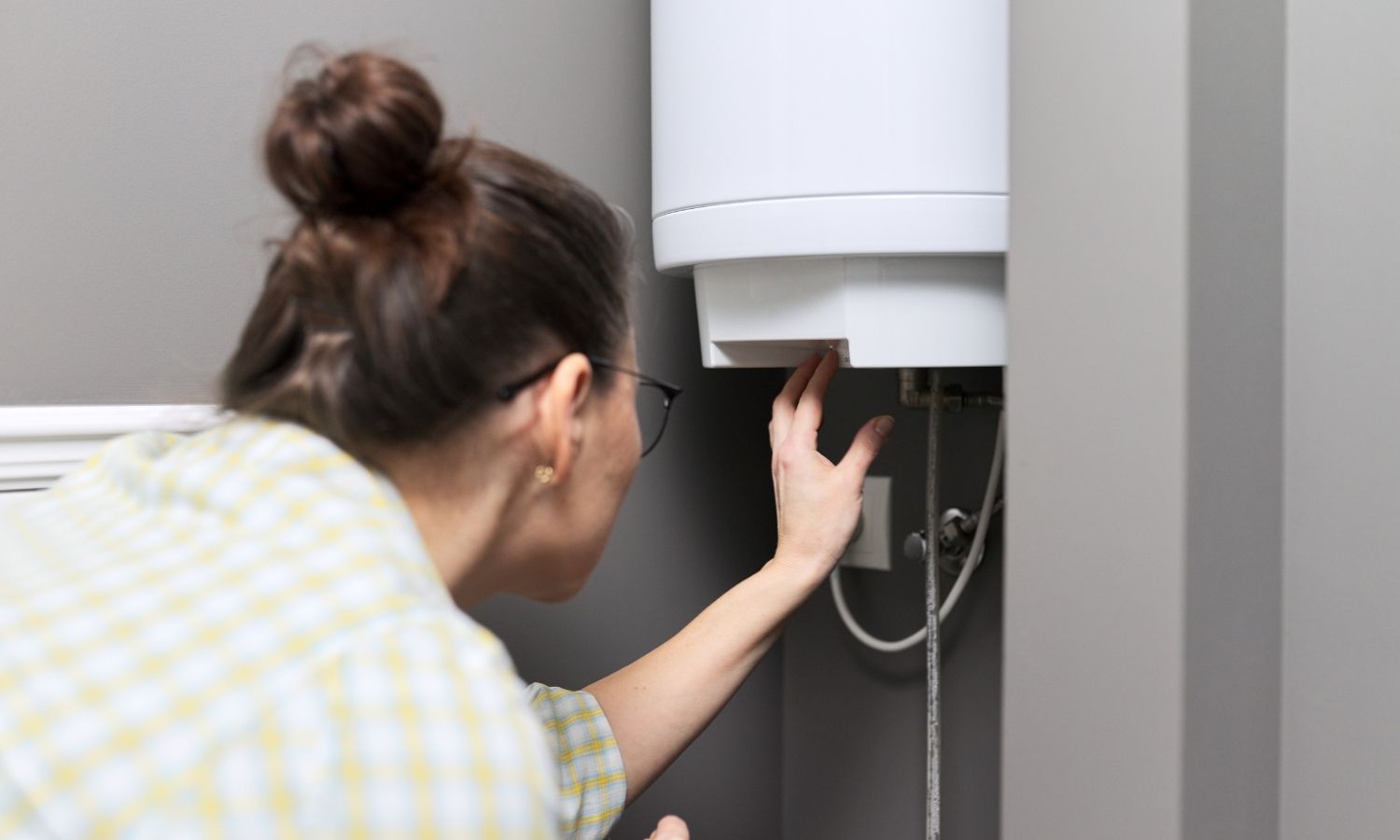
When is it time to call professional help?
When your pipes are frozen, it is crucial to seek professional help to avoid pipes bursting and causing further issues. Plumb Works offers upfront pricing, so you know exactly what to expect at the time of service. Our dedicated professionals are available for plumbing maintenance year-round, so you never have to worry about drawn-out plumbing issues.
It is recommended to get an annual inspection of your plumbing, even if you do not feel there are issues, or experts can ensure that your plumbing is performing well and not suffering any leaks or other easily missed problems.
We stand out from our competitors by offering flat rates, upfront pricing, and no-pressure sales. Call (404) 524-1825 for expert service. We install only the highest quality water heaters in our client's homes and businesses.
Plumb Works has provided quality plumbing services to the Atlanta area since 1989. We understand that you want dependable service for your home or business. We are leaders in the plumbing industry, providing friendly, reliable, and professional services to homes and businesses.
As experts in the industry for decades, you can trust us to provide only the best for our customers. We offer free consultations- no dispatch fee for quotes on repairs or replacements to your water system. We even offer smart home plumbing to provide the best quality options for every home.
After completing a repair or replacement, Plumb Works performs a 50-point inspection. This includes checking your gas heater burner, flue pipe, vent draft, and
water leak detection devices. In addition, we study your electric water heater's thermostat, wiring condition, emergency cutoff, temperature and pressure safety relief valve, and drain valve performance.
Finally, check the testimonials from our many happy customers to see what Plumb Works can do for your home. Call us today to set up an appointment!
Looking for more information about how cold weather affects your pipes? Check out these articles:
How You Can Tell If Your Pipes Have Burst
5 Tips to Keep Your Pipes from Freezing
